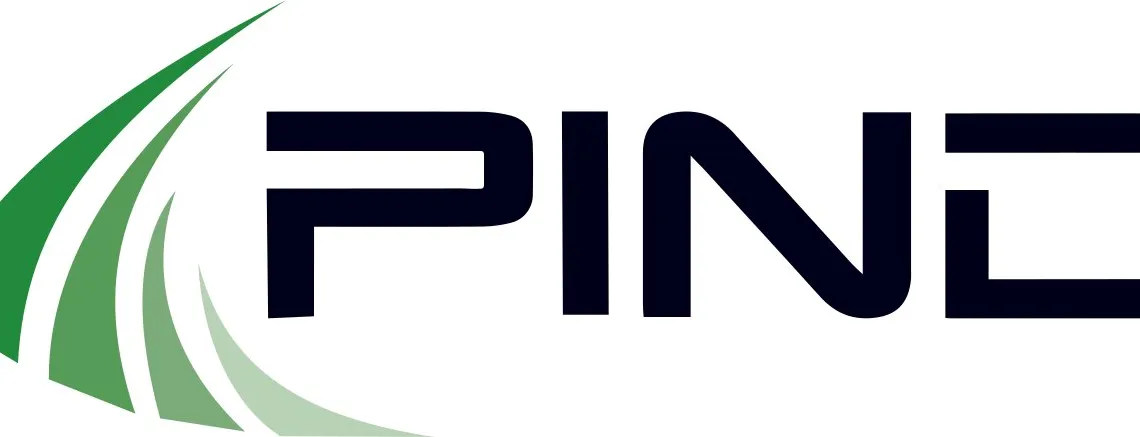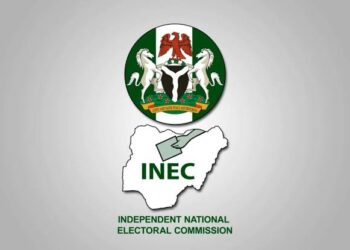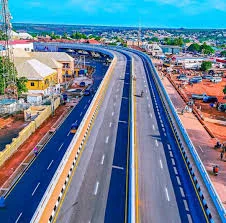The Foundation for Partnership Initiatives in the Niger Delta (PIND) on Thursday held town hall meeting on the Petroleum Industry Act (PIA).
The one-day interactive forum was held at Ekpan Community in Uvwie Local Government Area of Delta.
The thrust of the meeting was advancing Host Community Development Trusts (HCDTs) models.
Forum brought together regulators, community leaders, women, youth representatives, civil society organisations, and other critical stakeholders to deepen understanding of the PIA 2021.
In her address, Dr Rachael Missan-Ruppee, PIND representative and PIA Consultant, said that the engagement was to build the capacity of host communities to benefit from the three percent operating expenditure provided under the law.
Missan-Ruppee also said that the gathering was designed to raise awareness, foster dialogue and promote inclusive models that would guarantee transparency, accountability and community ownership in the HCDT operations.
“The PIA presents a unique opportunity for oil-producing communities to take charge of their development.
“This can only be achieved if we strengthen governance structures, embrace inclusivity and align projects with community needs,” she said.
The PIA consultant expressed gratitude to the participants, and pledged to sustain the engagement through roadshows, town halls, and multi-stakeholder platforms at both state and national levels.
Also, Mr Samuel Ideh, Facilitator and Project Manager at the Centre for Peace and Environmental Justice (CEPEJ), highlighted governance structures, funding mechanisms, and the roles of Boards of Trustees as some of the contending issues.
Another participant, Chief Stella Ejeh, Woman Leader in Olomoro Community, Isoko South Local Government Area of Delta, lamented the scores of abandoned projects in her community.
“In the past, we could not hold anyone responsible for the many abandoned projects in our community.
“Today, I am happy that with the HCDT framework, we can now hold our leaders accountable,” she said.
On his part, the national coordinator of CEPEJ, Dr Sheriff Mulade, enlightened the participants on the difference between the Global Memorandum of Understanding (GMoU) model and the PIA framework.
Mulade said the PIA offered stronger accountability because the projects were directly managed by the communities.
The participants were also exposed to about six practical community development models being piloted across the Niger Delta.
The development models covered areas such as: frameworks for multiple settlors’ communities, inclusive leadership, and stronger monitoring and evaluation systems.





